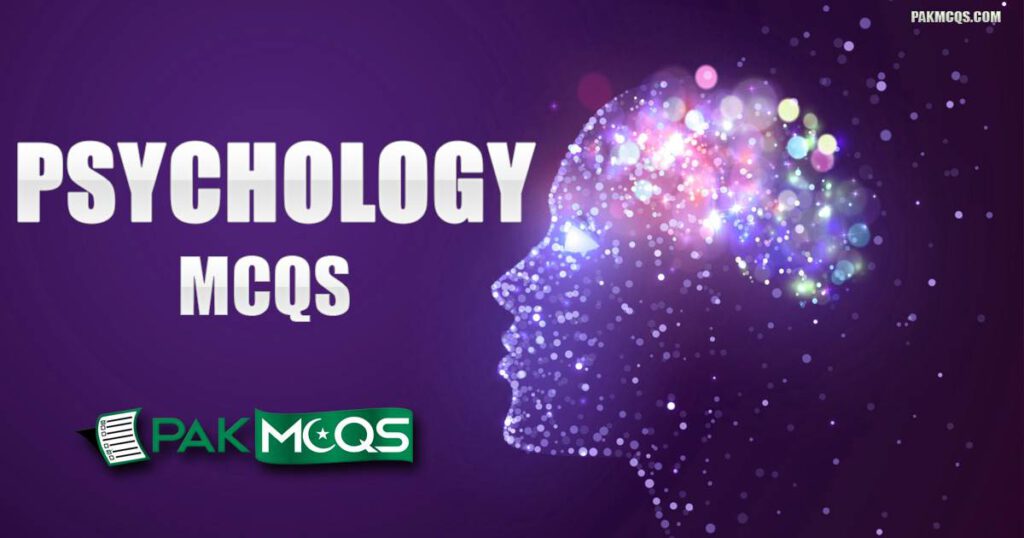A. culturally relative
B. statistical
C. a matter of subjective discomfort
D. related to conformity
Psychology Mcqs
Psychology Mcqs for Preparation – These Multiple Choice Questions are important for Lecturer Psychology, Clinical psychologist, Counselling psychologist, Educational psychologist and Forensic psychologist Jobs tests. Psychology Mcqs questions are very important for all type of exams conducted by Fpsc, Nts, Kppsc, Ppsc, Spsc, Bpsc, Ots, Uts, Pts, Cts, Ats, etea and other testing agencies of Pakistan.
| PSYCHOLOGY MCQS | |||
|---|---|---|---|
| 1. Introduction to Psychology | 2. Emotions | ||
| 3. Therapy | 4. Memory | ||
| 5. Intelligence | 6. Infancy And Childhood | ||
| 7. Health Psychology | 8. Forensic Psychology | ||
| 9. Branches of Psychology | 10. Attitudes, Attributions And Social Cognition | ||
| 11. Adolescence And Adulthood | 12. Abnormal Psychology | ||
| 13. Social Psychology | 14. Sensation And Perception | ||
| 15. Research Methods | 16. Psychology Theories | ||
| 17. Psychological Disorders and their Treatment | 18. Personality | ||
| 19. Organizational Psychology | 20. Nervous System | ||
| 21. Motivation | 22. Methods and Approaches | ||
| 23. Methodology | 24. Major Thinkers in Psychology | ||
| 25. Learning | 26. Language And Thought | ||
| 27. Interpersonal Relations And Group Processes | 28. Industrial Psychology | ||
| 29. Educational Psychology | 30. Developmental Psychology | ||
| 31. Criminal Psychology | 32. Coordination | ||
| 33. Cognitive Psychology | 34. Biological Foundations of Behavior | ||
| 35. Miscellaneous Psychology | 36. | ||
A. functional psychosis
B. organic psychosis
C. neural psychosis
D. neo – cortical psychosis
A. fantasies
B. hallucinations
C. illusions
D. delusions
A. diagnostic schedule of medicine
B. diagnostic and statistical manual
C. depressive scale modalities
D. doctor or surgical medicine
A. Catatonic
B. Disorganized
C. Paranoid
D. Undifferentiated
A. common law defense
B. Harrison decision
C. M’Naghten rule
D. Twinkle defense
A. experience serve depression and threaten suicide
B. exhibit symptoms suggesting physical disease or injury but for which there is no identifiable cause
C. exhibit behavior that is the result of an organic brain pathology
D. experience delusions and hallucinations
A. somatoform disorders
B. generalized anxiety
C. conversion reactions
D. personality disorders
A. personality disorder
B. psychosomatic illness
C. anxiety disorder
D. psychosis
A. radioactive sugar
B. iodine
C. metal particles
D. xenon gas


